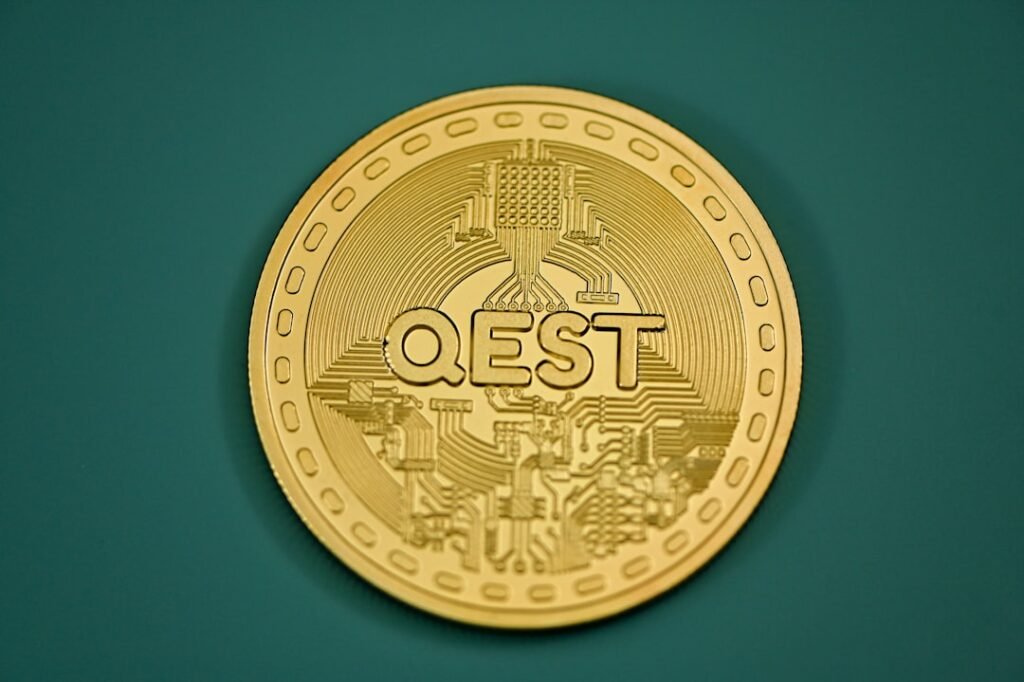The cryptocurrency industry is witnessing a significant shift as major trading platforms increasingly offer tokenized U.S. stocks. Over 30 crypto exchanges have now entered this market, including platforms with user bases exceeding 10 million such as Bybit (70 million users), Gate (30 million), Kraken (15 million), OKX Wallet (55 million), Phantom (15 million), Robinhood (27 million), and Moonshot (20 million). Bitget and Trust Wallet each boast over 100 million users.
Coinbase CEO has announced plans to launch a hybrid product combining cryptocurrency and U.S. tech stocks on September 22, highlighting the mainstream adoption of this trend within just three months.
The landscape expanded significantly with the September 3, 2025 launch of Ondo Global Markets, marking the entry of the world’s largest RWA platform into tokenized equities. The Ondo ecosystem includes eight major crypto trading platforms including Bitget Wallet, Trust Wallet, Gate, Bitget, MEXC, and LBank. Similarly, the xStocks ecosystem collaborates with over 10 platforms including Kraken, Bybit, Bitmart, Moonshot, Phantom, Particle, UXUY, and Kamino.
Platform data reveals substantial market activity: xStocks has reached $3.782 billion in total trading volume after three months of operation, with CEXs accounting for $3.612 billion and DEXs $170 million. Ondo Global Markets recorded $65 million in trading volume with 253 unique holders within its first two days of operation.
The tokenized stock market continues to attract new entrants including Multiply, MyStonks, and StableStock, with some platforms offering expanded services such as trading for non-public companies like SpaceX and OpenAI, along with derivative products.
This development represents a potential challenge to traditional brokerage models. While U.S. stocks represent the world’s largest capital market, they reach fewer than 180 million participants globally, leaving over 5 billion internet users without access.
Previous disruptors like Robinhood and Futu successfully democratized stock trading through internet technology. Futu, China’s largest U.S. stock broker founded in 2011, enabled cross-border trading for Chinese users and reached over 26 million registered users by 2025. Robinhood, founded in 2013, revolutionized commission structures and now serves over 23 million users.
Crypto brokers differentiate themselves through key innovations: eliminating KYC requirements, enabling cross-platform transferability of tokenized stocks via blockchain technology, and providing access to previously inaccessible investment opportunities like pre-IPO companies and novel derivatives.
Industry experts suggest that these advantages, particularly the elimination of identity verification barriers, could attract tens of millions of new users to U.S. stock markets. The evolution of tokenized stocks may follow a similar path to dollar stablecoins, where the distinction between traditional and tokenized assets becomes increasingly irrelevant to users.












